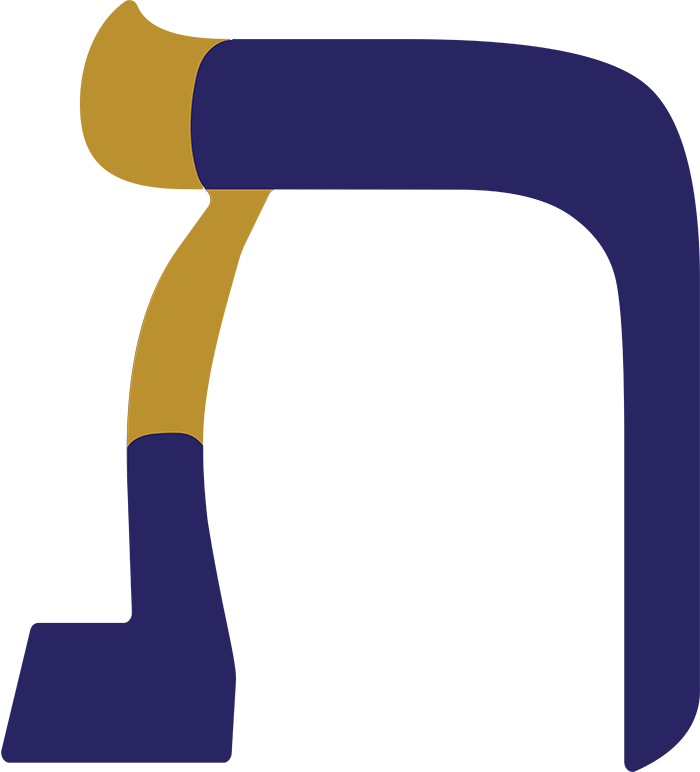Warming Up The Globe
Rashi (Rabbi Shlomo Yitzchaki - 11th C commentator) states that Torah, as the source of mitzvoth (life instruction and obligations), should have begun with the first mitzvah commanded the Jewish People, sanctification and establishment of the months, which is actually in the Book of Shmos (second book of the Torah).
Rashi goes on to explain that the reason the Torah starts with the Book of Bereishis (Genesis) is to show how the Jewish People came to acquire the Land of Israel, so that when we are accused of stealing it from the inhabitants 3294 years ago (an old story,) we can answer, Hashem created the world and can decide who gets it.
Still, besides the political ramifications of this concept, it is an incredulous thing to say that the descriptions of creation, our forebears, Egyptian exile etc. could have been disregarded. Furthermore, surely Torah should start with what, from our perspective, are the most essential mitzvoth, i.e. do not murder, do not commit immorality etc. Why the setting of the month?
It is actually the setting of the month that, more than anything, illustrates the power we are given over the universe and our responsibilities. Although this is one of the most intricate mitzvoth, requiring a vast amount of celestial knowledge, in brief; the Jewish calendar follows the lunar month, but must be kept aligned with the solar year and seasons, through the addition or reduction of days in a month and addition of a month in leap years.
Kiddush Hachodesh (setting of the month) is ideally (notwithstanding the establishment of the fixed calendar by Hillel the Elder,) enacted through sighting of the new moon. The Beth Din are then entrusted to sanctify the new month, or not if they have extraneous reasons (such as the timing of festivals.)
This in turn means that the mazalot (astrological influences over the universe – a concept clearly alluded to in Torah,) are put on hold, until the declaration of the new month. Each month has it’s own mazal.
In the second paragraph of the Shema said twice daily Torah says “and it will be if you listen to My mitzvoth…I will give rain in your land in it’s time.” Herein lies an example of the intrinsic correlation between our moral actions and the physical consequences such as rain, crops, famine etc.
Whilst our physical actions indubitably affect the environment we live in and we are entailed in Bereishis to work and guard the world. Nevertheless, our moral and ethical actions and decisions have an equal, if not greater effect on the universe.
How wonderful if all the scientific and pseudo experts political, journalistic and other, espousing notions on climate change, added to their rhetoric the imperative of treating others with kindness and respect, the crucial importance of morals and ethics etc.

